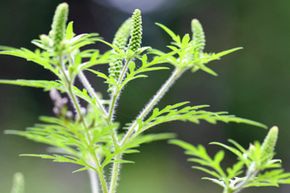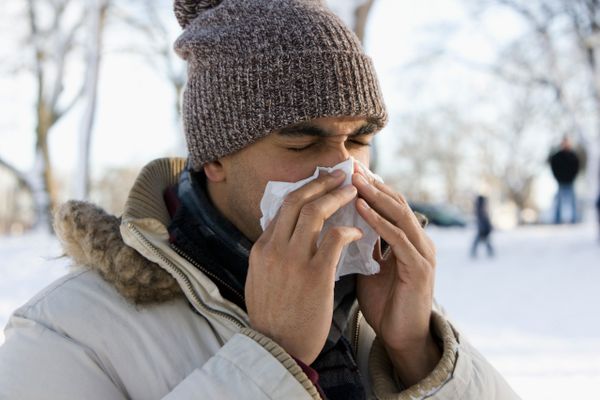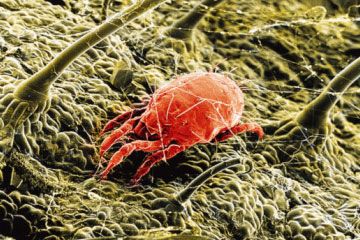As a lifelong allergy sufferer and the recipient of a bi-weekly allergy shot, a lot of my allergy symptoms have become manageable. I can now sleep with a cat on my head, and hug my dogs at will. But when fall rolls around, ragweed still brings me to my knees.
You probably know this feeling by several names, from "hay fever" to simply "allergies." And you'll know if you're in this club if you experience an itchy nose, chin and throat; watery, red puffy eyes; non-stop sneezing; and a stuffy or runny nose.
Advertisement
Ragweed is actually a specific genus in the sunflower family, and they're a very common allergen for many allergy sufferers. They're particularly pervasive in the Eastern and Midwestern sections of the United States. More rural areas are the hardest hit by ragweed, but any roadside, parking lot or field can have a multitude.
Because of the high pollen count for ragweed, and because there are 17 different varieties of it, it should come as no surprise that hay fever is the most common way that allergies affect sufferers.
Advertisement


